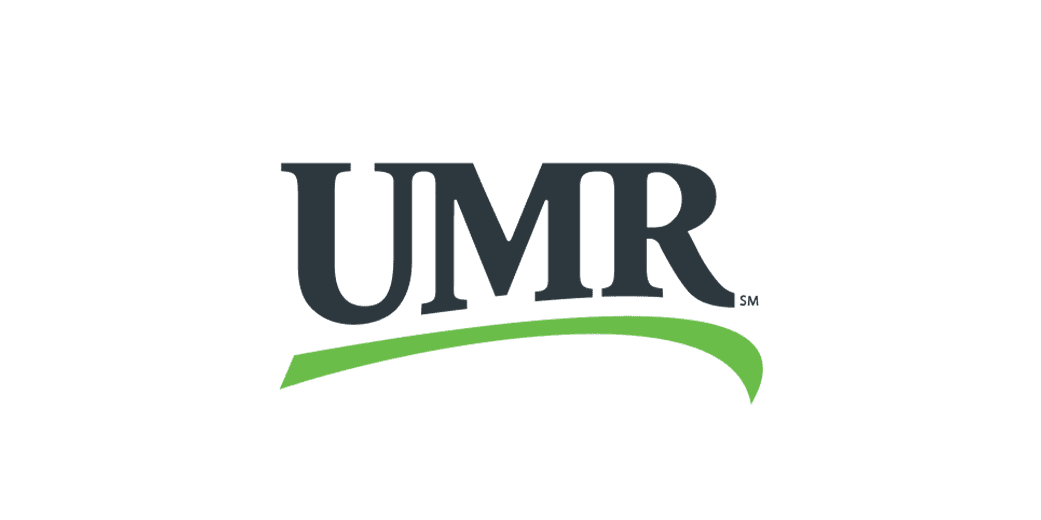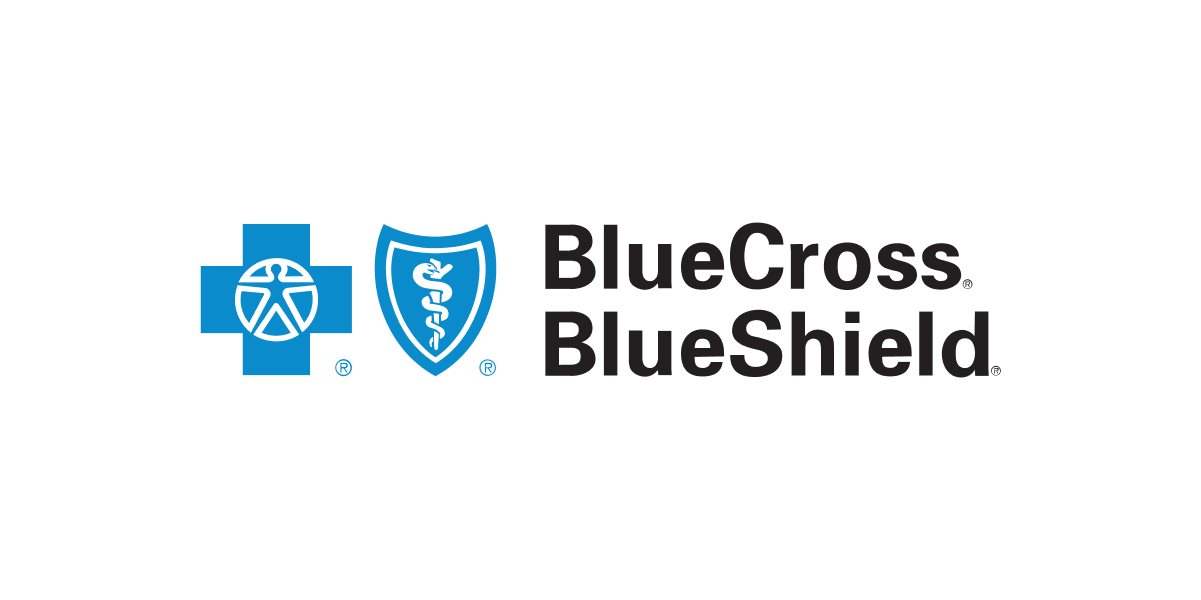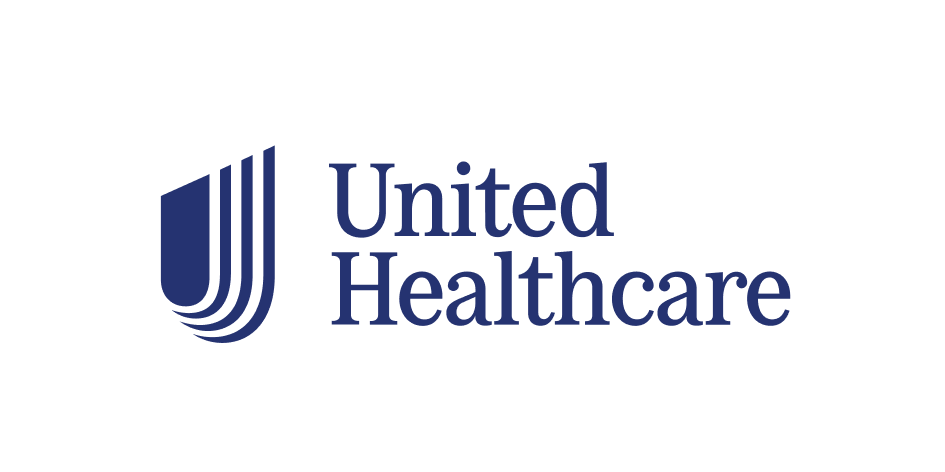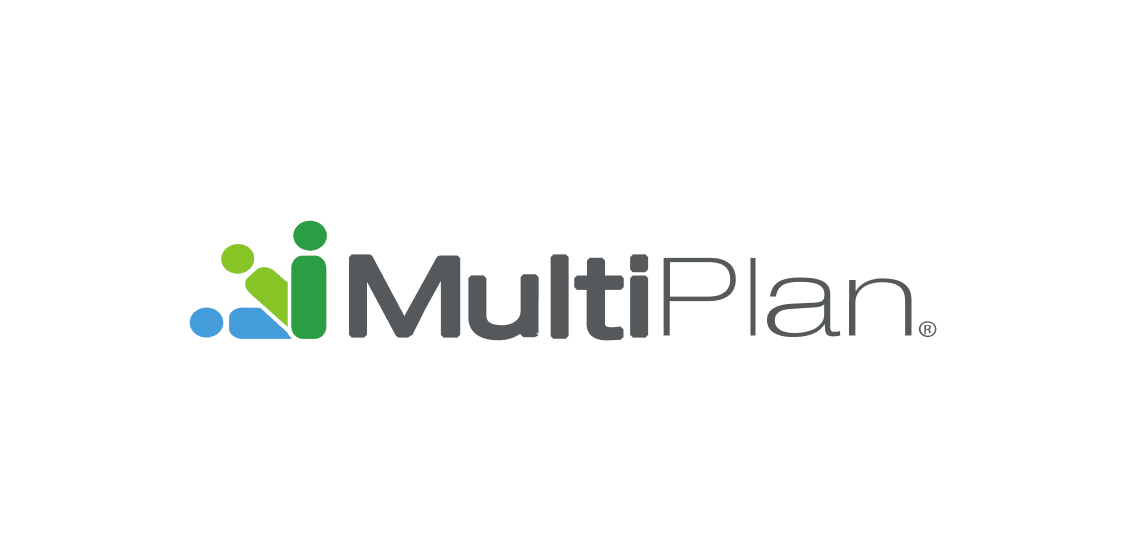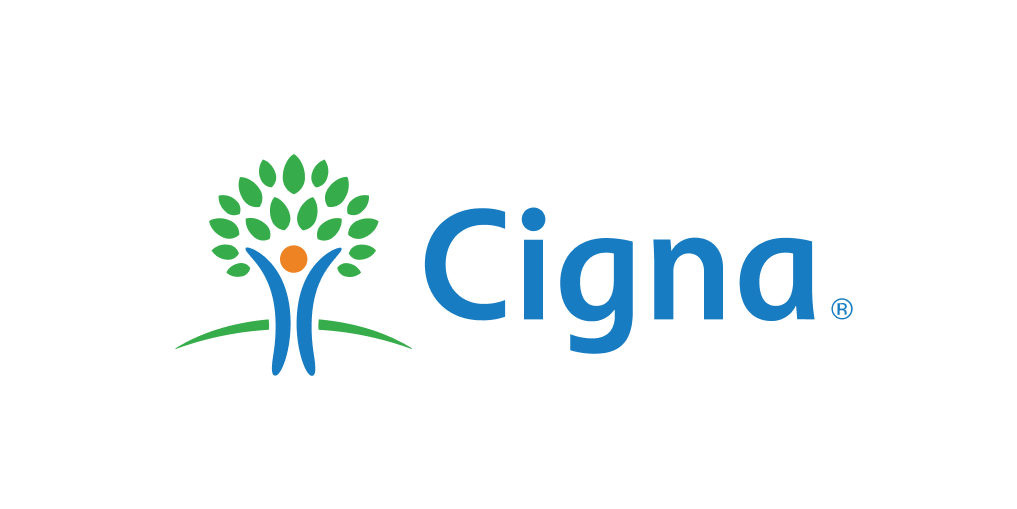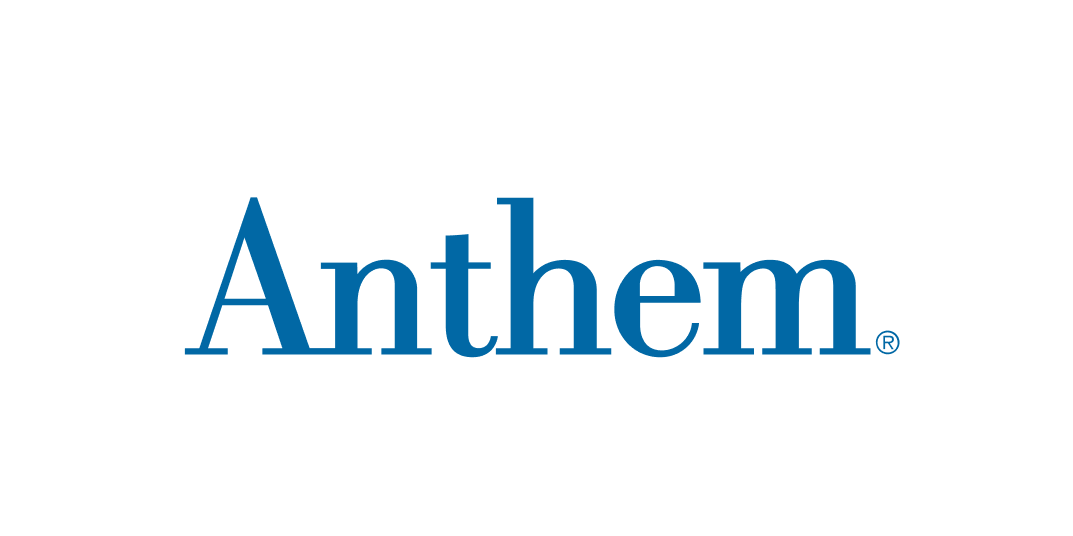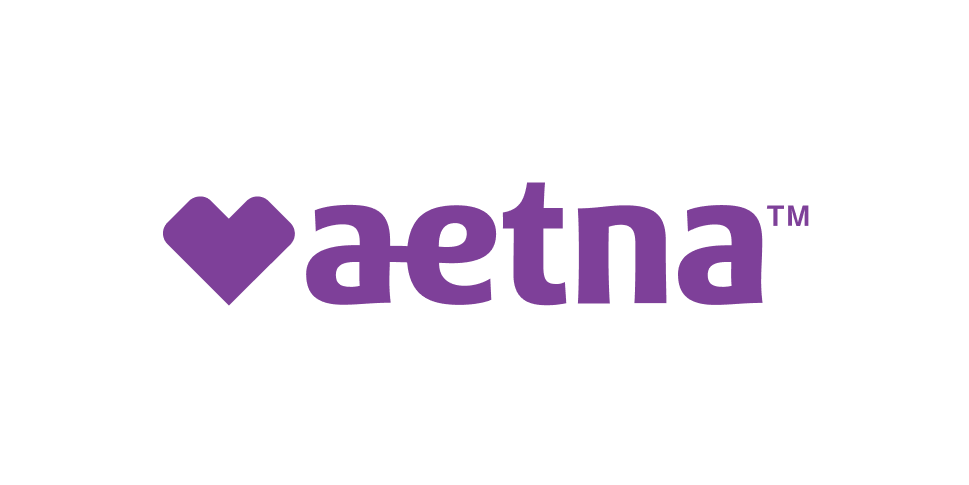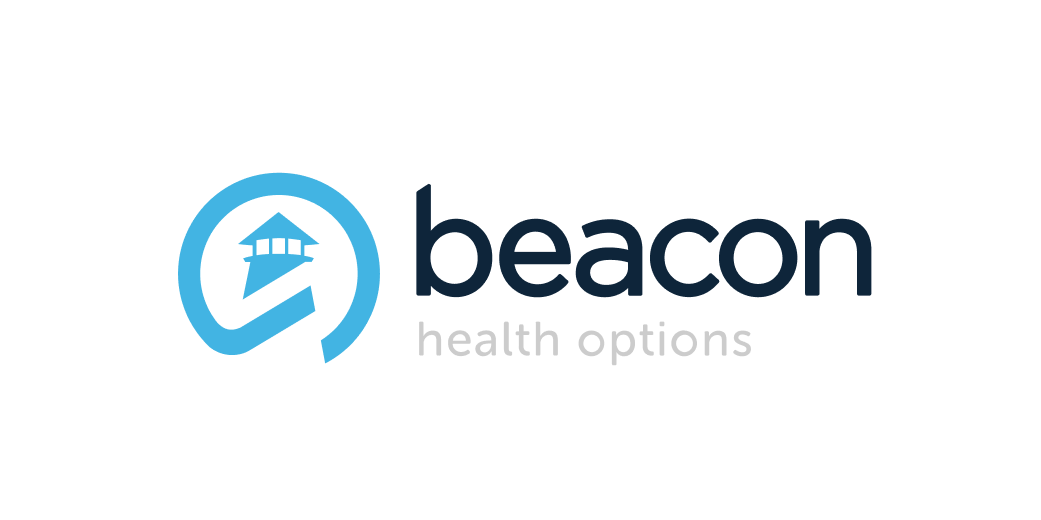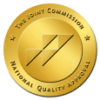Marijuana is legal in many places and often used for everyday reasons like easing pain, falling asleep faster, dialing down anxiety, or replacing other substances that feel riskier. Still, “legal” doesn’t mean “risk-free,” and for some people, cannabis use can shift from occasional to something that feels hard to manage. When use starts driving your day instead of fitting into it, it may be time to look at support designed to help you regain control.
Clinically, this pattern is called cannabis use disorder (CUD). In plain language, it means marijuana has moved from being helpful or at least neutral to causing problems at home, work, school, or in your health, even when you’ve tried to cut back. It isn’t a character flaw. It’s a learned loop between your brain, your habits, and how you cope with stress, sleep, or uncomfortable emotions.
People don’t arrive here overnight.
Tolerance is usually the quiet first step: the same amount doesn’t do as much, so the dose, frequency, or potency increases. At the same time, life keeps happening, such as pain flares, deadlines stack up, and anxiety hums in the background, so using a little more can feel like the only lever to pull. Over time, that coping strategy can crowd out other tools and make cutting back surprisingly difficult.
If this sounds familiar, structured care can help you reset.
At Tennessee Detox Center, care begins with a medical assessment that looks at your use history, overall health, and any co-occurring concerns like anxiety, depression, or trauma.
From there, you’ll get a plan that may include medical detox (when clinically appropriate), residential treatment for stability and daily therapeutic support, or a step-down path into outpatient programming and aftercare. The goal is simple: make early changes doable and sustainable.
You are not expected to know which level of care is right on day one. A quick call can clarify the next steps and your insurance benefits so you can focus on getting better.
If you’ve been using cannabis for sleep or to manage pain or mood, let the team know. Dual diagnosis care addresses mental health and substance use together, so you aren’t asked to choose between feeling stable and reducing use.
Tennessee Detox Center is a Marijuana Addiction Treatment Center that offers a clear path to change. If you’ve been searching for a Marijuana Drug Rehab Center that treats you with dignity while providing medical oversight, you’re in the right place.
Our approach to Marijuana Treatment and Recovery is practical, evidence-informed, and personalized to your goals.
Understanding Marijuana Addiction
Kratom addiction, often referred to clinically as cannabis/kratom use disorder (CUD/KUD), depending on terminology, develops the same way many substance problems do: use → tolerance → dependence. [1]
What begins as a way to boost energy, ease pain, or steady mood can quietly become a daily necessity. Over time, your brain adapts; the same dose does less, so you increase potency or frequency.
When you try to cut back, a predictable cluster of symptoms can surface, like sleep disruption, low mood, anxiety/irritability, body aches, GI upset, and persistent cravings and those symptoms can persist even after detox unless you have tools and structure to manage them.
That’s the gap rehab is designed to fill.
Detox is the medical sprint that stabilizes your body; rehab is the training plan that strengthens motivation, coping, and routines so change lasts.
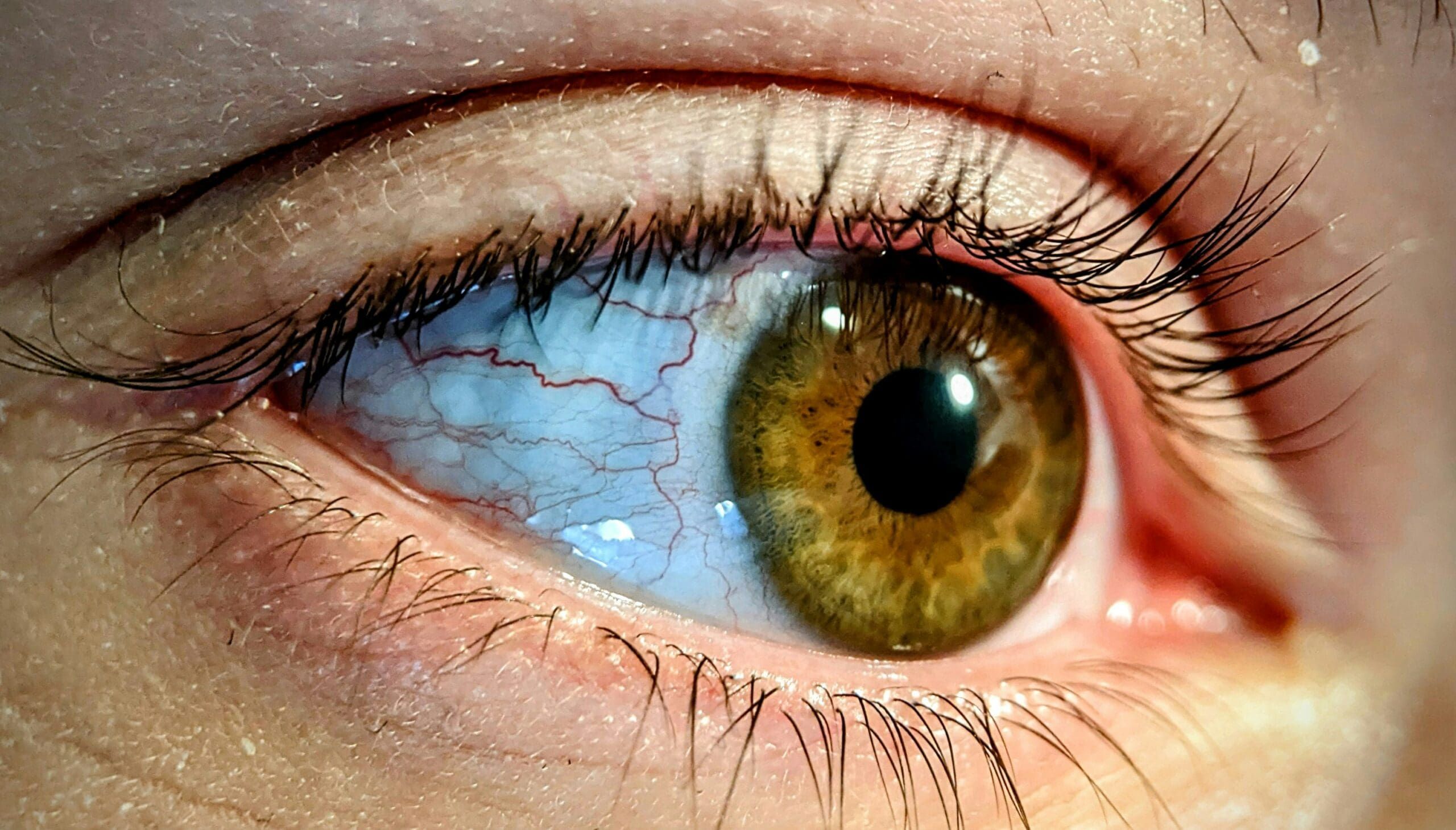
Risk Factors for Marijuana Addiction
Cannabis acts on the endocannabinoid system, a network of receptors that helps regulate mood, motivation, perception, sleep, and pain. [5]
THC primarily attaches to CB1 receptors in the brain. When CB1 is repeatedly stimulated, it changes how other neurotransmitters are released, especially dopamine, which shapes reward and motivation. For some people, this can feel like a pleasant lift or a calming effect.
For others, especially at higher doses or with potent concentrates, the same shift can heighten sensitivity, producing moments of anxiety or paranoia. Neither response means your brain is “broken.” It means the system is adapting to repeated signals.
Motivation is often where people notice changes first. Because dopamine helps your brain tag experiences as rewarding, regular THC exposure can nudge attention toward cannabis-related cues and away from everyday incentives like finishing tasks or tackling longer projects.
That doesn’t erase ambition; it makes it harder to feel the natural “spark” that gets you started. If you’ve felt more procrastination or a narrower set of activities that seem appealing, that’s a common neurochemical ripple effect rather than a personal failing.
Sleep can also shift. Many people use cannabis to fall asleep faster. Over time, though, THC can alter sleep architecture—the pattern of light, deep, and REM sleep across the night. Some notice more fragmented rest or feel less refreshed after a full night.
When cutting back, vivid dreams and difficulty falling asleep are common. These changes are temporary, but they’re uncomfortable enough to push people back to using unless there’s a plan for the first few weeks.
Memory and attention sit close to sleep in this conversation. The hippocampus, which forms short-term memories, is dense with CB1 receptors. During or shortly after use, it’s normal to feel more distractible or to misplace details you’d typically remember. Most people find that these effects improve as tolerance is addressed and sleep stabilizes.
Mood regulation is another important piece. If you live with anxiety, depression, PTSD, or chronic stress, cannabis might feel like a quick, predictable way to dial things down.
The catch is that frequent use can make underlying patterns harder to treat, especially if therapy and other skills get sidelined. Some people also experience rebound anxiety between sessions as the brain adjusts. That back-and-forth can feel confusing: cannabis seems to help, yet overall mood and functioning don’t improve. This is where integrated care can make a meaningful difference.
Physically, cannabis transiently increases heart rate, and smoked forms can irritate the airways. Appetite often rises during or after use. None of these effects is universal or catastrophic, but they become relevant when they stack with other conditions, medications, or goals like improving energy or fitness. Understanding these mechanics helps you choose the right support instead of white-knuckling change on your own.
If cannabis has become your go-to tool to cope, dual diagnosis care and evidence-based therapy can give you new tools so you can feel steady without relying on the same cycle.
At Tennessee Detox Center, your plan is built around how your brain and body work, not blame or shame. The aim is simple: restore motivation, protect sleep, stabilize mood, and help you get back to the parts of life that matter most.
Receptors become less responsive with frequent exposure. You may notice that one hit no longer takes the edge off, so you increase potency (concentrates, vapes) or frequency. What began as an evening routine can drift into mornings, lunch breaks, or pre-event “calming,” not because you’re reckless, but because your neurochemistry adjusted.
When your brain adapts to regular THC, abruptly cutting back can feel bumpy. Common cannabis withdrawal symptoms include irritability, restlessness, anxiety, low mood, changes in appetite, and sleep disruption—especially trouble falling asleep and vivid dreams. These symptoms are usually time-limited, but they’re uncomfortable enough to push many people back to use before new habits take root.
Addiction is less about how “strong” a substance is and more about the relationship you develop with it. If cannabis has become your default tool for stress, sadness, pain, or sleep, the brain’s reward and habit networks wire around that pattern. The result: genuine cravings, narrowed coping choices, and a cycle that’s hard to exit without a plan.
Medical support can ease this transition. While there’s no FDA-approved, cannabis-specific medication that switches off cravings, supervised care can address the pieces that make early recovery tough.
At Tennessee Detox Center, clinicians can use short-term, symptom-targeted medicines for sleep or anxiety when appropriate, treat co-occurring conditions, and guide you through a structured therapy plan (CBT, DBT, motivational work, trauma-informed care).
For individuals also using alcohol, opioids, or benzodiazepines, a medical detox may be recommended first to manage safety and comfort before moving into residential treatment or outpatient care.
The point isn’t to medicalize your entire life. It’s to lower the difficulty setting of the first few weeks so you can practice new skills, stabilize your sleep, and feel like yourself again. When the acute discomfort is managed, therapy has room to work, and day-to-day choices get easier.
Not sure if this fits you? Speak with Admissions 24/7. A brief conversation can confirm whether you need detox, whether residential or outpatient is a better starting point, and what your insurance will likely cover. You’ll leave that call with a clear, practical next step.

The Importance of Marijuana Rehab in Tennessee
Cannabis is common in Tennessee, even though the state hasn’t legalized recreational use and doesn’t operate a broad medical program. Recent statewide survey data show that about 1 in 6 Tennesseans aged 12+ used marijuana in the past year, and roughly 1 in 10 used it in the past month. [2]
Use is most concentrated among young adults: about one-third of Tennesseans ages 18–25 report past-year use. At the same time, only about one in five people in the state perceives “great risk” from smoking marijuana monthly, which helps explain why casual patterns can slide into daily routines over time.
On the policy side, Tennessee remains an outlier in the region. The state does not have a comprehensive medical cannabis program and still criminalizes possession of small amounts, leaving many residents to self-manage sleep, stress, or pain without medical guidance. For people whose use has become hard to cut back or who need help sorting out anxiety, depression, or trauma alongside cannabis, this policy landscape can make it even harder to know where to turn.
Treatment demand also shows up in state data. Tennessee’s Department of Mental Health and Substance Abuse Services tracks marijuana-related treatment admissions across counties (note: individuals can list marijuana along with other substances). Those “Fast Facts” dashboards highlight how cannabis appears in the treatment picture statewide, often alongside alcohol or opioids, which is why careful assessment and a step-wise plan matter. [3]
What does this mean if you’re reading this and recognizing your patterns?
First, you’re not alone. These numbers reflect how common cannabis use has become across age groups.
Second, prevalence and legality don’t predict how you feel daily. Some Tennesseans use without noticeable problems; others experience sleep disruption, mood swings, or a growing reliance that crowds out other coping tools. The data simply underline a practical truth: if cannabis has taken on a bigger role than you want, supportive, evidence-based care exists here in Tennessee.
Tennessee Detox Center focuses on clear assessment, matched level of care, and coordinated medical + clinical support. Whether your next step is residential structure or an outpatient schedule that fits work and family, you can expect a plan that respects your goals and addresses co-occurring issues that often travel with cannabis use.
If you’re unsure where to start, a brief call can translate this landscape—prevalence, laws, and treatment options—into one decision you can make today.
How do you know rehab and not just detox is the right next step?
When to Seek Marijuana Rehab in Tennessee?
If you’re wondering whether your cannabis use has crossed a line, use this quick screen. It isn’t a diagnosis, but it can help you decide whether a professional assessment at Tennessee Detox Center would be useful.
-
Initial use / Use Patterns:
- You use daily or almost daily, and sessions often last longer or go heavier than you intended.
- Motivation is slipping: projects stall, grades or work performance dip, or hobbies you loved have lost their draw.
- You’re using it to manage anxiety, depression, trauma-related distress, or chronic pain, but your mood or function isn’t improving overall.
- You’ve tried to quit or reduce multiple times and end up returning to previous patterns.
- You’re more secretive about your use or pull away from people who might comment on it.
- Plans and boundaries around use are revised to accommodate it (e.g., “only weekends” becomes most days).
- You continue to use despite conflicts with a partner or family, money issues, or legal/job problems.
-
Control / Tolerance:
- You’ve shifted to higher-potency products (concentrates, dabs) because previous amounts don’t have the same effect.
-
Functioning / Dependence:
- You’ve noticed cravings—mental “pulls” toward using—or you feel edgy, anxious, or irritable when you delay or skip.
- When you cut back, sleep can become rocky (trouble falling asleep, frequent waking, or intense, vivid dreams).
 What your checklist means
What your checklist means
These signs mirror criteria clinicians use to evaluate substance use disorders: loss of control, cravings, time spent using or recovering, continued use despite harm, tolerance, and withdrawal. [4] If several items ring true, a structured evaluation can clarify what’s going on and what level of care would help most.
Tennessee Detox Center’s assessment looks at your full picture, including physical health, mental health, patterns of use, and support system. From there, you’ll get a recommendation that could include medical detox if there’s polysubstance use or safety concerns, residential treatment for round-the-clock structure and therapies, or a step-down plan into outpatient services and aftercare. The idea isn’t to label you. It’s to match care with your needs, so change feels realistic.
If you’d like a professional to assess your situation, contact Admissions. A short conversation can help you decide when to start and what your insurance will likely cover so you can confidently move forward.
Therapies Used in Marijuana Rehab
Therapy is where change becomes practical. At Tennessee Detox Center, your clinical plan is tailored to your history, goals, and any co-occurring mental health needs. Here’s how the core, evidence-based modalities work for cannabis use concerns:
CBT helps you map the loop between thoughts, feelings, and use. You’ll spot patterns like “I can’t sleep without weed” or “I can’t handle stress unless I vape,” then test realistic alternatives. CBT also includes craving-management skills such as urge surfing, stimulus control, and replacement routines so you’re not just saying “no,” you’re saying “yes” to a workable plan in that moment.
DBT adds tools for emotional regulation and distress tolerance. When irritability, anxiety, or boredom spike (especially during early changes), DBT skills give you a script: what to do with your body, breath, and attention for the next few minutes so the urge passes. The mindfulness component strengthens nonjudgmental awareness, which lowers the intensity of cravings and helps you choose instead of react.
Motivational Interviewing (MI)MI is a collaborative style that helps you resolve ambivalence without pressure. Instead of being told what to do, you’ll clarify your reasons for change, such as better sleep, clearer focus, saving money, or improving relationships and scale them into a plan you believe in. That internal motivation makes follow-through more durable than external rules.
If past experiences or chronic stress sit underneath your use, trauma-informed care creates safety first. You’ll learn grounding skills, pace sessions appropriately, and work with triggers without reliving them. The goal isn’t to take away a coping strategy and leave you exposed; it’s to build a wider set of strategies so relief doesn’t hinge on cannabis.
Groups provide practice in real-time communication, accountability, and problem-solving. You’ll compare notes on sleep strategies, social situations, and how to handle invitations to use. Hearing what works for others expands your playbook and reduces isolation, a risk factor for relapse.
Substance patterns are relational. Family sessions focus on boundaries, expectations, and practical support, including what helps, what doesn’t, and how to rebuild trust. If you’re a parent or partner, these conversations can lower conflict at home and create a living environment that supports your goals.
Recovery includes the body. Mindfulness, gentle yoga or movement, time outdoors, creative therapies (art/music), and nutrition education help stabilize sleep, lower baseline anxiety, and restore energy. Weekly outings and experiential activities add healthy novelty and joy, which are important antidotes to the “nothing sounds fun without it” feeling that can surface as tolerance is addressed.
For those who want it, 12-Step involvement can add structure and community beyond the program day. Facilitation helps you choose appropriate meetings, understand the culture, and use sponsorship and service in a way that fits your values. If 12-Step isn’t your style, staff can direct you to non-12-Step peer supports with a similar sense of community.
Think of rehab as a coordinated circuit.
Early in the week, you’ll focus on sleep and safety—CBT sleep steps, DBT regulation, and symptom-targeted medication management if needed.
Midweek, you’ll add exposure to real cues in a controlled way (social plans, evening routines) and return to the group to report what happened and refine tactics.
By week’s end, you’ll review wins and misses with your individual counselor, adjust next week’s plan, and confirm peer-support times. If 12-Step or other mutual-help groups are your preference, we’ll help you connect.
Medication Assisted Treatment for Marijuana
We want you to know exactly what to expect. There is no FDA-approved, cannabis-specific medication that “turns off” cravings for marijuana. At Tennessee Detox Center, medication management is used to make the first weeks of change more manageable, not to replace therapy or skills work.
In practice, that means your medical provider may recommend short-term, symptom-targeted medications for problems that commonly flare during early recovery, such as sleep disruption, anxiety, or low mood, and will treat any co-occurring mental health conditions that are part of the picture. The goal is comfort and stability so you can participate fully in counseling, groups, and daily routines.
If cannabis use occurs alongside alcohol, opioids, or benzodiazepines, medical needs shift. In those cases, our team may recommend medical detox and, when clinically indicated, medication-assisted treatment options for co-occurring substances, for example, buprenorphine for opioid use disorder or naltrexone for alcohol or opioid cravings, always paired with therapy.
These decisions are based on your assessment, vitals, and risk profile; they are never one-size-fits-all.
Every plan at Tennessee Detox Center is individualized and created by a coordinated medical and clinical team. You’ll discuss what you’ve tried, what matters to you, and what side effects you want to avoid.
Then, we’ll map a short, practical medication approach, but only if it’s helpful alongside therapy (CBT, DBT, motivational work), family support when appropriate, and a steady routine that gets your sleep and stress back on track.
In short, expect “medication-assisted treatment options for co-occurring substances and symptom-targeted medications in cannabis recovery.” No false promises. Just clear, evidence-informed support to get through the hardest stretch and build momentum.
Inpatient vs Outpatient Marijuana Rehab
Choosing where to start can feel like a guessing game. Here’s a clear comparison based on how Tennessee Detox Center structures care.
Dual Diagnosis & Co-Occurring Disorders
Effective treatment starts with a real look at your life. At Tennessee Detox Center, the process begins with a thorough assessment, including substance history, mental health, medical background, sleep, pain, stressors, and supports. From that, your team crafts a custom plan that balances structure with practicality.
If cannabis use occurs with alcohol, benzodiazepines, or opioids, or if medical risk is present, we may start with medical detox to manage safety and comfort. Detox is a short, focused phase that stabilizes you so therapy can work. Once you’re steady, you’ll transition directly into therapeutic programming without losing momentum.
- Residential Treatment establishes a foundation: daily therapy, skills work, and consistent routines that restore sleep and motivation while reducing triggers.
- PHP/IOP provides step-down intensity with real-world practice, keeping you connected to your team while you re-enter school, work, and family life.
- OP/Aftercare focuses on relapse prevention, ongoing therapy, and community connection. Before discharge, you’ll leave with a schedule—appointments, peer support, and a plan for high-risk situations.
Many clients arrive using cannabis to blunt anxiety, depression, PTSD symptoms, ADHD-related stress, or chronic pain. [6] Treating substance use and mental health together reduces relapse risk because the drivers of use are addressed head-on. Your plan can include:
CBT/DBT to regulate emotions, reframe thoughts, and manage urges.
Trauma-informed therapy to work safely with triggers and build grounding skills.
Medication management for mood, sleep, or attention when appropriate.
Pain-informed strategies (pacing, sleep, movement, stress reduction) to widen relief options beyond cannabis.
Recovery is easier with alignment at home. Family therapy works on communication, boundaries, and practical support that actually help day-to-day. Holistic components such as mindfulness, gentle movement, creative therapies, time outdoors, and nutrition lower baseline stress and help energy and sleep recover, making cravings less persuasive.
Tennessee Detox Center isn’t just a place to pause use; it’s a structured, compassionate Marijuana Drug Rehab Center that expands your coping toolkit and treats the whole picture. If you’ve been looking for a marijuana abuse treatment center that understands how mood, sleep, trauma, and pain intersect with use, this integrated, stepwise approach is designed for you with clear assessment, matched level of care, coordinated medical and clinical support, and a plan that lasts beyond discharge.
Relapse Prevention for Marijuana Addiction
Finishing treatment is the start of a new chapter, not the end of the story. Before discharge, you and your team at Tennessee Detox Center map a plan that fits real life, integrating work, school, family, and the moments that used to trigger use. The focus is on predictable tools you can use on day one.
- Delay. Cravings rise and fall like waves. Commit to a short pause—often 10–20 minutes—before deciding.
- Deflect. Change your environment or activity: step outside, text a support person, take a quick walk, or do a short breathing routine.
- Substitute. Prepare a list of substitutes (tea, shower, snack, music, brief workout, journaling).
- Cue exposure (planned). With your therapist, rehearse how you’ll handle high-risk cues so they lose their pull over time.
- Sleep hygiene. Protect a consistent wind-down: regular bedtime, no doom-scrolling, dark/cool room, and a brief relaxation exercise. Stable sleep lowers baseline cravings.
Recovery is easier when emotions are regulated. You’ll leave with a simple DBT/CBT skills menu for stress spikes and a schedule for continuing therapy, both individually and in groups. If medication management helped with sleep, anxiety, or mood in treatment, your aftercare plan will include prescriber follow-ups and a taper or maintenance plan that matches your goals.
You don’t need a new friend group. You need new scripts.
- Boundaries. “I’m keeping nights low-key while I’m rebuilding sleep.”
- Low-risk hangouts. Coffee, daytime walks, matinees, dessert spots, board-game cafés.
- Leave early. Set an exit time before you arrive; drive yourself when possible.
- Accountability texts. Pick two people who get the first message if cravings spike: “Red light—call me when free?”
Your coordinator will line up alumni/peer groups and community meetings you actually want to attend, like 12-Step if it fits, or alternative peer supports if you prefer. You’ll also have family support options to keep communication clear and reduce friction at home. The point isn’t perfection; it’s a network that catches you quickly when life gets loud.
Structure keeps progress steady when life speeds up.
- 80–90% workload for the first two weeks to avoid overwhelm.
- Calendar hygiene. Put therapy, groups, and wind-down in the calendar first; layer tasks around them.
- Conflict-free appointment blocks. Ask supervisors or advisors for recurring time windows; offer productivity in return (e.g., early starts, clear deliverables).
Expect a written aftercare packet with appointments, contacts, coping scripts, and information on what to do if you hit a rough patch. You’ll also outline a simple “if-then” plan: If sleep falls apart for three nights, call your therapist and prescriber; if a social event is stressing you out, bring a support person and a time limit.
Recovery is day-by-day, but you don’t have to wing it. This is Marijuana Treatment and Recovery, designed to work outside the building.
Build your plan before you leave. Talk with our Aftercare team. They’ll schedule therapy, set up peer support, and confirm medication follow-ups so you walk out with momentum.
Why Choose Tennessee Detox Center for Marijuana Rehab





Paying for Marijuana Addiction Treatment
Cost shouldn’t be the reason you delay care. If you’re worried about how to pay for marijuana addiction treatment, we’ll explain it in plain language and help you understand your options before you make a decision.
Start Marijuana Rehab today at Tennessee Detox Center
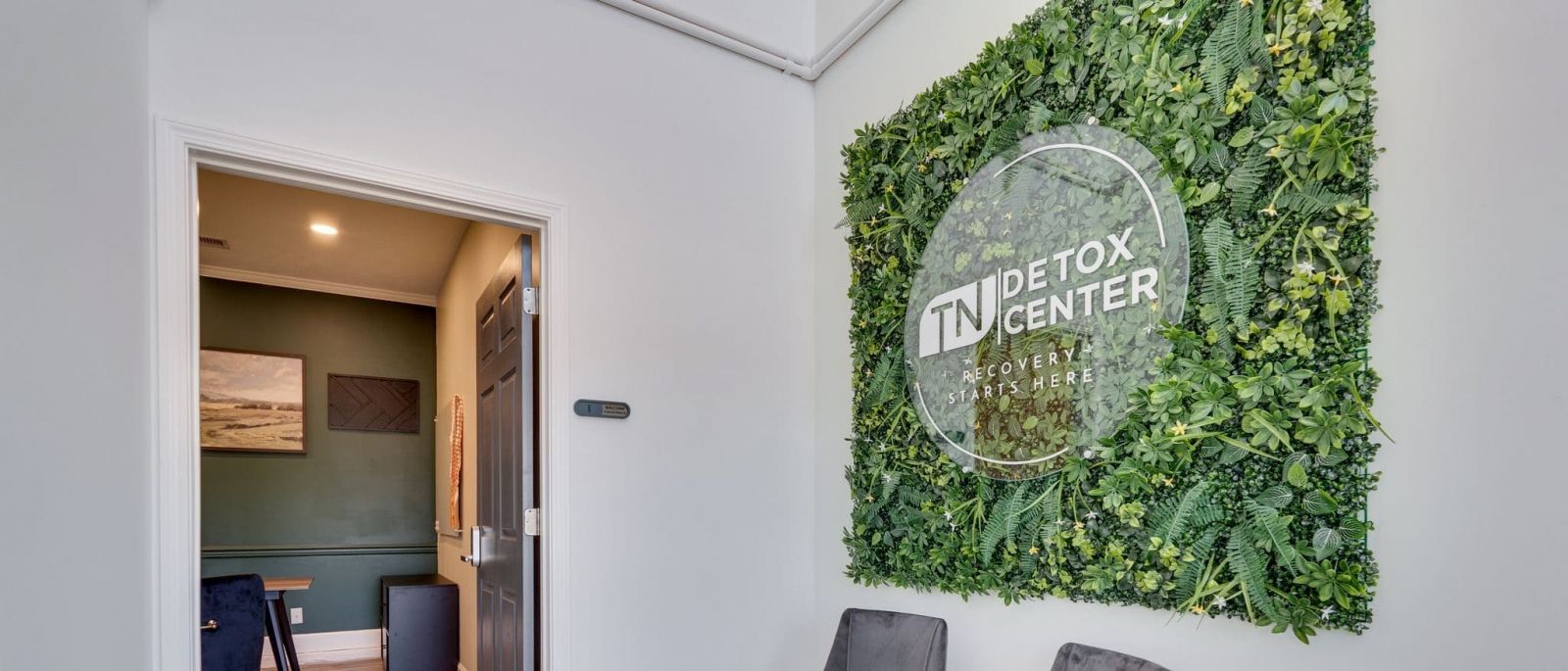
Reaching out is private, simple, and on your terms. At Tennessee Detox Center, your information stays confidential, and our Admissions team can complete a same-day assessment to help you understand the best starting point, whether it’s residential care or an outpatient step. If you’re unsure what your insurance covers, we’ll check benefits quickly and explain options in plain language so cost isn’t a mystery.
You don’t have to map this alone. Tell us what’s going on with sleep, stress, mood, and other routines, and we’ll outline a clear next step you can take today. If you have questions about timing or logistics, ask Admissions, and we’ll walk you through the first 24–48 hours.
Start with a conversation, leave with a plan you can trust.





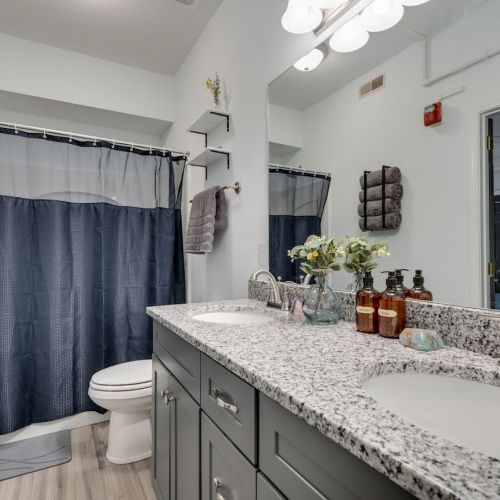

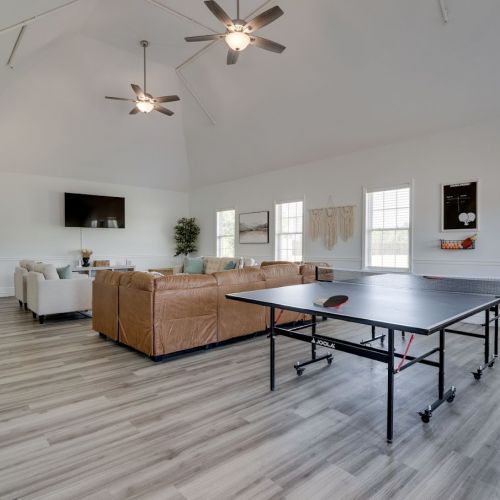




FAQs about Marijuana Addiction Rehab in Tennessee
No. There’s no FDA-approved, cannabis-specific MAT. At Tennessee Detox Center, clinicians may use medication management to address sleep, anxiety, or mood during early recovery and will treat co-occurring conditions when appropriate. For alcohol or opioid co-use, detox/MAT (e.g., buprenorphine, naltrexone) may be used as clinically indicated, alongside therapy.
Many people do not need formal medical detox for cannabis alone. However, medical supervision can make early withdrawal (irritability, sleep issues, vivid dreams) more manageable, especially with polysubstance use or mental health symptoms. After assessment, we’ll recommend residential or outpatient care based on your needs.
Our program mix includes CBT, DBT, Motivational Interviewing, trauma-informed therapy, group therapy, family therapy, holistic supports, and optional 12-Step facilitation. Your team selects the right blend and sequence for your goals.
Residential offers 24/7 structure, daily therapy, and on-site support ideal for moderate to severe use, frequent relapse, or complex co-occurring issues. Outpatient (PHP/IOP/OP) provides flexible schedules with strong clinical services. Many clients start residential and then step down to PHP/IOP and Aftercare.
Yes. We provide dual diagnosis care, addressing mental health and substance use together. This integrated approach reduces relapse risk and helps you feel better faster.
Most major plans include benefits for substance use treatment. We work with Aetna, Cigna, BCBS/Optum, UMR, Anthem of KY, Multiplan, and others. Verify your coverage with our Admissions team in minutes.
You’ll leave with a personalized aftercare plan that may include ongoing therapy, peer support options that match your preferences, relapse-prevention strategies, and medication follow-ups if indicated, so progress continues at home.
Marijuana Rehab at Tennessee Detox Center
Marijuana addiction is often underestimated, but long-term or heavy use can lead to dependence, withdrawal symptoms, and impaired motivation. Tennessee Detox Center offers inpatient marijuana rehab in Tennessee for individuals who struggle to quit despite negative consequences.
Although cannabis withdrawal is typically not life-threatening, individuals may experience irritability, anxiety, sleep disturbance, mood changes, and cravings. Without structured treatment, many return to use when stress or emotional triggers arise. Rehab helps address the behavioral patterns and psychological dependence underlying continued marijuana use.
Our program includes individual therapy, group counseling, relapse prevention planning, and mental health support. Clients learn to manage stress, regulate emotions, and build routines that support sober living. We also address co-occurring conditions such as anxiety or depression that may contribute to ongoing use.
At Tennessee Detox Center, we provide a structured residential setting that promotes accountability and growth. If marijuana use has begun to affect your goals or relationships, professional rehab can help restore balance and long-term stability.
All content published on Tennessee Detox Center website pages is provided for informational purposes only and should not be interpreted as medical, psychological, or legal advice. This information is not intended to diagnose, treat, cure, or prevent any disease or condition and should not replace consultation with licensed healthcare professionals.
Addiction is a chronic, relapsing medical condition that requires individualized care. Treatment approaches, detox protocols, and rehabilitation services vary depending on numerous factors unique to each individual. No information on this website should be relied upon to make treatment decisions without professional guidance.
If you are experiencing an emergency situation, including overdose, withdrawal complications, suicidal ideation, or immediate risk to yourself or others, call 911 immediately. Tennessee Detox Center does not provide emergency medical services online or via website communication.
Never attempt to discontinue substance use or begin detox without proper medical supervision. Withdrawal can cause serious medical complications. Any information regarding detoxification is general in nature and does not substitute for physician-directed care.
Insurance information presented on this website is intended solely to assist users in understanding potential coverage options. Coverage is subject to verification, medical necessity determinations, and policy limitations. Tennessee Detox Center encourages direct contact with our admissions specialists to confirm benefits and eligibility.
We do not guarantee treatment outcomes, length of stay, insurance approvals, or placement availability. Outcomes depend on numerous clinical and personal factors.
External links are provided for convenience and informational purposes only. Tennessee Detox Center assumes no responsibility for third-party content or practices.
Use of this website does not establish a doctor-patient or therapist-patient relationship. Recovery requires professional support and individualized care.
The content available on Tennessee Detox Center pages is designed to provide educational information related to addiction, detoxification, rehabilitation, and recovery. This information should not be interpreted as professional medical advice or treatment recommendations.
Addiction treatment is highly individualized. Detox and rehab needs vary significantly based on health history, substance use patterns, and mental health considerations. Information provided is general and may not apply to all individuals.
If an emergency arises — such as overdose, severe withdrawal symptoms, or immediate danger — call 911 without delay. Online resources are not a substitute for emergency medical care.
Medical detox should always be conducted under professional supervision. Attempting detox without medical oversight can be dangerous.
Insurance information is provided as general guidance only. Coverage varies by plan and carrier. Tennessee Detox Center encourages all individuals to verify benefits directly with admissions staff.
Recovery outcomes are not guaranteed. Treatment effectiveness depends on many factors including engagement, clinical needs, and aftercare support.
References to external resources do not imply endorsement. Tennessee Detox Center is not responsible for third-party content.
Website use does not establish a provider-patient relationship.
-
Addiction Group. (n.d.). Tennessee drug and alcohol statistics. Retrieved July 28, 2025, from https://www.addictiongroup.org/tennessee/drug-statistics/
-
Substance Abuse and Mental Health Services Administration (SAMHSA). (2023). 2023 ICCPUD state report: Underage drinking prevention – Tennessee. U.S. Department of Health and Human Services. Retrieved from https://library.samhsa.gov/sites/default/files/tennessee-iccpud-state-report-2023.pdf
-
Tennessee Alcoholic Beverage Commission. (2024). Report to prevent underage drinking, drunk driving, and other harmful uses of alcohol (PC 961). State of Tennessee. Retrieved from https://www.tn.gov/content/dam/tn/abc-documents/abc-documents/PC-961-2024-Report-to-Prevent-Underage-Drinking-Drunk-driving-and-Other-Harmful-Uses-of-Alcohol.pdf
-
National Institute on Alcohol Abuse and Alcoholism (NIAAA). (2012). Alcohol withdrawal syndrome. In S. C. Merrill & B. S. Frances (Eds.), The management of alcohol use disorders: A practical guide for clinicians (NIH Publication No. 12–5191). National Center for Biotechnology Information. Retrieved from https://www.ncbi.nlm.nih.gov/books/NBK64119/

Medically Reviewed By:
Dr. Vahid Osman, M.D.
Board-Certified Psychiatrist and Addictionologist
Dr. Vahid Osman is a Board-Certified Psychiatrist and Addictionologist who has extensive experience in skillfully treating patients with mental illness, chemical dependency and developmental disorders. Dr. Osman has trained in Psychiatry in France and in Austin, Texas. Read more.

Clinically Reviewed By:
Josh Sprung, L.C.S.W.
Board Certified Clinical Social Worker
Joshua Sprung serves as a Clinical Reviewer at Tennessee Detox Center, bringing a wealth of expertise to ensure exceptional patient care. Read More
The Joint Commission – The Gold Seal of Approval® signifies that Tennessee Detox Center meets or exceeds rigorous performance standards in patient care, safety, and quality. It reflects a commitment to continuous improvement and clinical excellence.
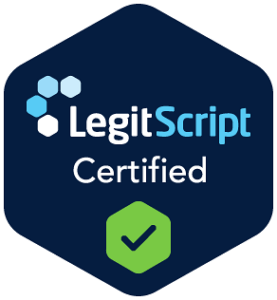
LegitScript Certified – Confirms that Tennessee Detox Center operates in full compliance with laws and regulations, and meets high standards for transparency and accountability in addiction treatment marketing.
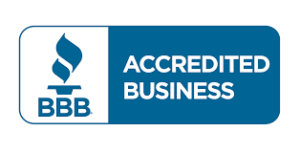
BBB Accredited – Demonstrates ethical business practices, commitment to customer satisfaction, and a trusted reputation within the community.
Psychology Today Verified – Indicates that Tennessee Detox Center is listed on Psychology Today, a trusted directory for verified mental health providers and treatment centers.
HIPAA Compliant – Ensures all patient health information (PHI) is protected and managed in accordance with strict federal privacy and data security standards.
ASAM Member – Tennessee Detox Center is a proud member of the American Society of Addiction Medicine (ASAM), reflecting a commitment to science-driven and evidence-based treatment standards.

Rutherford County Chamber of Commerce – Membership signifies active participation in the local community and support for regional growth and civic collaboration.
Get Family Support Now
Supporting Families Through Recovery
We understand addiction affects the whole family. Our comprehensive family program helps rebuild trust and restore relationships.
Weekly Family Therapy Sessions
Educational Workshops
Support Groups
Communication Skills Training


